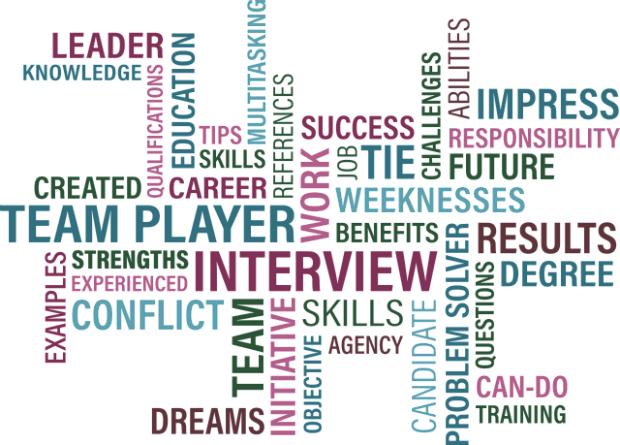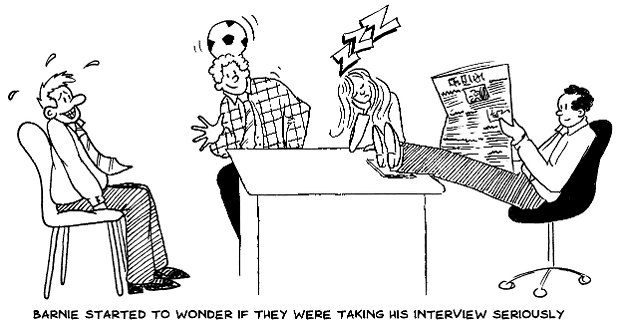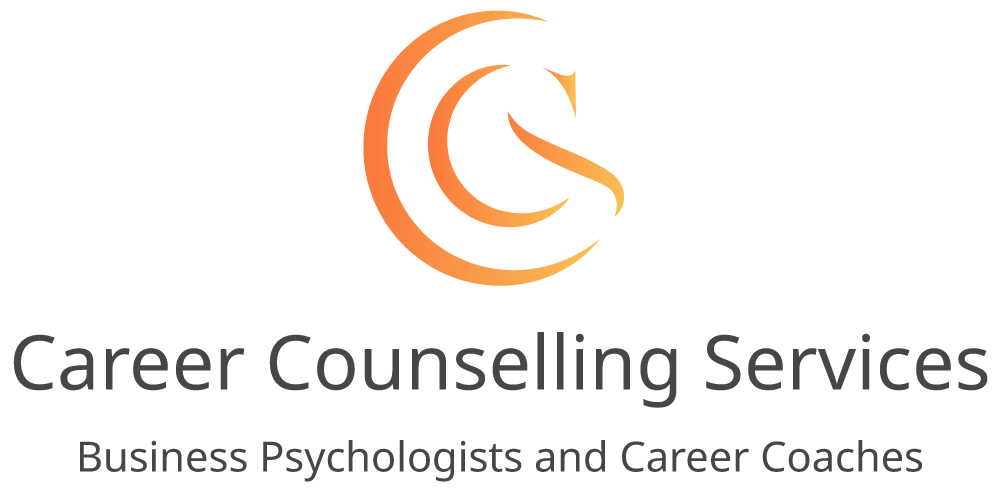
Be ready for the “simple” questions
I was working with a client who, fresh from an interview, explained that she was pleased with the way she’d answered the competency-based interview questions about her skills and experience. She then said she had come a little unstuck when faced with what she’d assumed would be the “simpler” questions (e.g. “Why do you want this role?; “Tell me a bit about yourself”; “What would you bring to this role?”).
Because she’d spent most of her preparation time building up a bank of detailed examples and stories to demonstrate her skills and expertise, she realised she’d neglected to fully prepare and rehearse her answers to some of the questions which, on the surface at least, seemed more obvious.

When ‘simple’ interview questions are the hardest to answer
What appear to be the simpler, more obvious questions, however, are often the hardest to answer and yet, arguably, the most important ones to get right. Simple in form only, they leave you wondering where to start or what to include.
Another of my clients described the bitter-sweet experience of the time she couriered a letter to the founder of a high profile online retailer. As an enthusiastic customer of the site, and experienced PR professional, she wrote to say how much she admired the brand and offered some suggestions as to how she believed the customer’s experience could be even better.
Within half an hour, the founder called my client and invited her in to talk further. The meeting seemed to be going well and, as they walked through the offices, the founder said that she liked her ideas but was “wondering how she might fit her in to the company”.
My client recounted how, in the moment, she had no answer to this and, at that point, felt any potential opportunity slipping away. With the benefit of hindsight, she wished she had prepared a range of options as to how she might fit in. A painful learning opportunity and one that many of us can no doubt relate to.
An example, closer to home, is about one of my teenage daughters who was recently looking for weekend work. As one of the shops she’d handed her CV in to told her they would be calling to ask her a few questions, I offered to help her think through what type of questions they might ask so she could prepare some answers. I got the not entirely unexpected response of:
“Don’t be silly Mum, I’ll know what to say”.
So, when I asked her how the call had gone, she said it had been “average”. When I probed a little (just can’t help myself!), it was apparent that she hadn’t really anticipated quite a few of the questions and hadn’t done herself justice. Frustrating.
Informal not trick interview questions
Sometimes, it’s the more informal or unplanned situations that catch us out, rather than more deliberate trick questions. I’ve kicked myself a few times over the years for missing opportunities in an informal situation and giving weak, off-the-cuff answers.
Obviously different organisations have different approaches to interviews and some will place greater emphasis on the competency-based type questions than others. Prepare for these too of course, but not at the expense of the not-so-simple “simple” questions.
Interview Tips

Follow these interview tips to be ready for these:
- Make a list of all the interview questions that might come up in formal or informal settings to gauge your motivation, strengths, interests, what you’re looking for, what you’re offering, etc. Prepare and rehearse until you have a well-crafted, brief, confident answer for each, packed with relevant and interesting content.
- We tend to remember the first and last things that people tell us, so make each end of your answer strong.
- Rather than answering with vague generalities, weave in specific examples that show how your values overlap with their organisation and how your skills, experience and strengths would make you a good fit.
- Do your research so you can use relevant language that shows a contemporary grasp of their culture and business issues.
- Your CV and LinkedIn profile are important and it’s tempting to put this at the start of your search. However, prioritising time to figure out your answers to the “simple” questions will make it easier for you to create a CV that paints a coherent picture of who you are and what you’re offering/looking for.
- Treat all encounters as a chance to sell yourself. Anyone in your network could play a role in helping you to secure your next role or opportunity. Even if they’re not in a position to help, they may well tell someone else who will be.
Clearly you don’t want to sound like an automaton reading a rehearsed script, but if you have prepared the key ideas and messages that you want to get across, you can keep it natural and be ready for any encounter, chance or otherwise.
Let CCS help you prepare for interviews
If you would like help in preparing for your next interview and those tough or unexpected interview questions you might have to answer, then enrol in CCS’s Job Search Programme.


